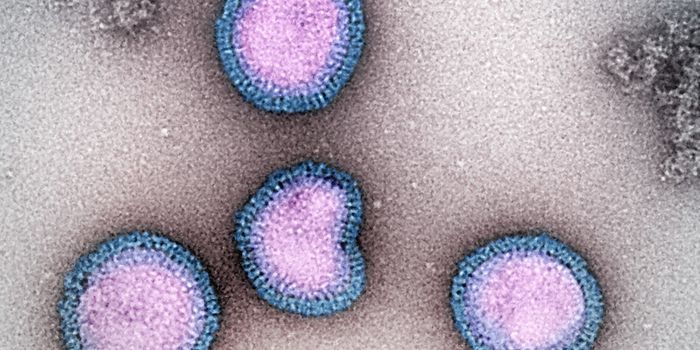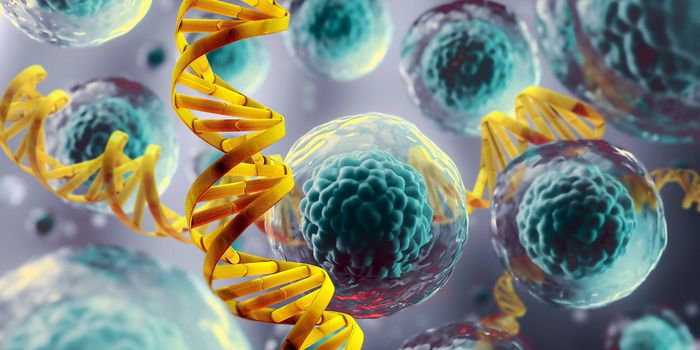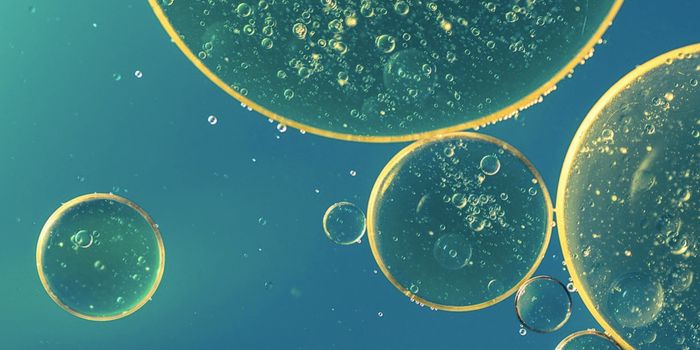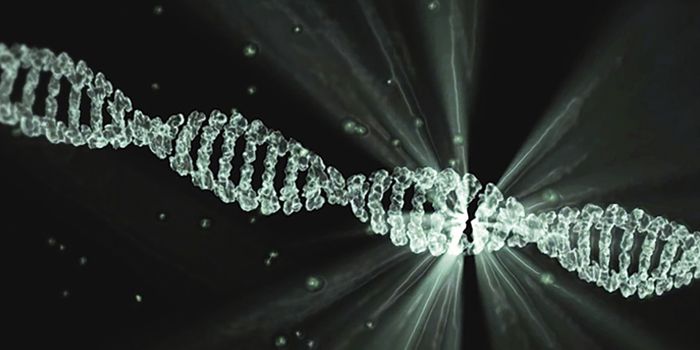Epigenetic Changes Make Breast Cancer Cells Drug Resistant
Changes in the epigenetics - the modifiable chemical tags that can change the genome and gene expression - of breast cancer cells can make them resistant to drugs that are targeting them. This seems to happen to ER+ breast cancer cells, which make up around two of every three cases of breast cancer. This type of cancer can become resistant to the hormonal therapy used to treat it. Breast cancer relapse could be reduced, researchers suggested, if these epigenetic changes can be reversed.
Reporting in Nature Communications, scientists have found that in ER+ breast cancer cells that resist treatment, the genome has been structurally rewired. This 3D change alters which genes are active or inactive.
"For the first time, we've revealed crucial 3D DNA interactions that are linked to whether or not a breast cancer is sensitive to hormone therapy," said the study leader Professor Susan Clark, the Genomics and Epigenetics Research Theme Leader at the Garvan Institute of Medical Research. "Understanding this process reveals new insights into how ER+ cancers evade hormone therapy, allowing them to grow uncontrolled."
Estrogen is a sex hormone that can bind to breast cancer cells, and inadvertently promote their growth. Hormone therapy aims to stop that from happening by blocking estrogen binding, and is often successful at reducing the relapse of the disease and stopping cancer growth. Unfortunately, cancer can develop resistance to this therapeutic approach.
"Treatment resistance is a significant health problem that leads to a third of all ER+ breast cancer patients on hormone therapy relapsing within fifteen years," said the first author of the study Dr. Joanna Achinger-Kawecka. "We are interested in epigenetic changes to DNA, the layer of instructions that organizes and regulates DNA's activity, that underpin the development of hormone resistance in breast cancer. Understanding these fundamental changes may help guide development of future treatments that either prevent resistance from developing, or reverse it once it has occurred."
The scientists compared the arrangement and interactions of DNA in ER+ breast cancer cells that were susceptible to hormone therapy to DNA from cells that were resistant.
"Between breast cancer cells that were still sensitive to hormone treatment and those that had developed resistance, we saw significant changes in 3D interactions of DNA regions that control gene activation, including at genes that control the estrogen receptor levels in the cells," said Dr. Achinger-Kawecka. "Further, we found that this 3D 'rewiring' occurred at DNA regions that were methylated, which is an epigenetic change that the team has already linked to hormone resistance."
Next, the scientists want to see if these genetic changes can be reversed with drugs that are already in clinical trials.
"Once ER+ breast cancer patients become resistant to hormone therapy, it is more difficult to treat," said Professor Clark (who discusses epigenetics in the video above). "We hope our research will help lead to combination treatments that allow women to take hormone therapy for longer, giving them better clinical outcomes."
Sources: AAAS/Eurekalert! via Garvan Institute of Medical Research, Nature Communications









